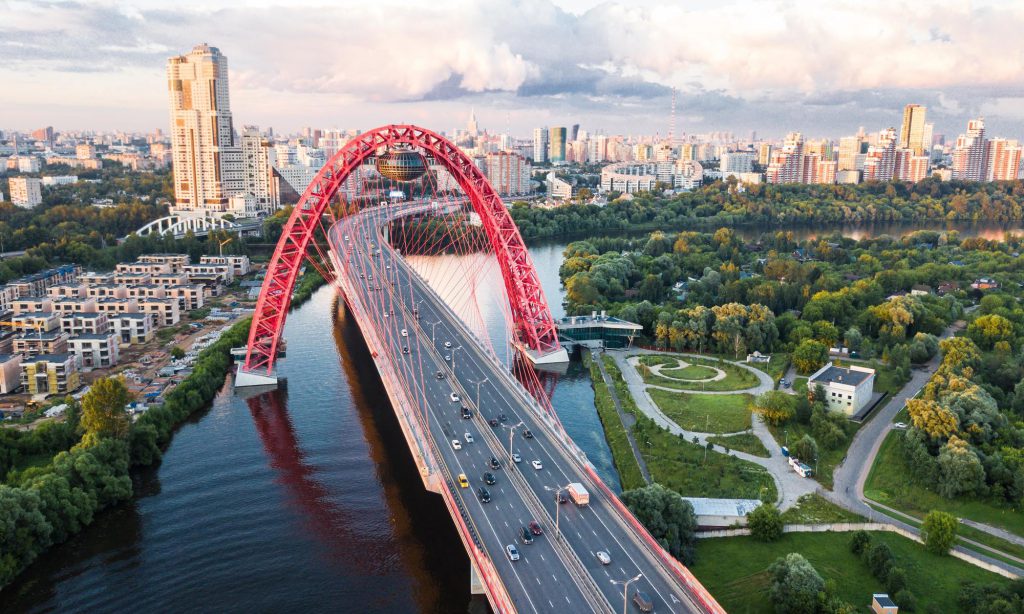Medical education in Russia is considered one of the highest quality in the world thanks to qualified teaching staff, study programs in English and even French, relatively low tuition fees, and the availability of scholarship programs for talented students. Besides, foreign applicants have every chance of receiving a free education at a medical university in Russia but subject to excellent academic performance.

How is medical education organized in Russia?
Medical education in Russia is distinguished by a complex structure. The first step of it is the passing of the Unified State Exam (USE) or internal exams of the Medical Academy held for foreign citizens. Further, a student has to undergo training on a bachelor’s program lasting 4 years. After that, a graduate can work only in junior medical positions (nurse, paramedic), but after getting accreditation.
To become a doctor, an applicant must take a different path – to enroll in a specialist. Training on specialty programs is at least 5 years (psychology, pharmacy, dentistry). After that, a graduate can start a medical practice, but after passing accreditation.
Graduates of medical universities (bachelors, specialists) must undergo the initial accreditation procedure, which includes testing the theoretical knowledge and practical skills acquired by students in the learning process. Only after successfully passing the exam, the graduate has the right, without additional training (residency), to start working in the positions of primary care specialists, for example, pediatrician and district therapist.
To get a narrower specialty, for example, a surgeon, cardiologist, or gastroenterologist, you need to unlearn a total of 6-9 years, continuing your studies in residency (2-4 years). If a student has a desire to closely engage in scientific activities, then he/she should think about entering graduate school and further on doctoral studies.
Russian universities offer a wide range of higher education programs for training specialists in the field of medicine, for example, physiology, medical psychology, medical physics, biochemistry, pharmacology, genetics, entomology, embryology, pharmaceuticals, zoology, physiotherapy exercises, and forensic science, and biology. It is much easier to enter these specialties than medical ones, plus you can study at a state university at the faculty of chemistry or biology. Another advantage of such programs is that it is much easier to transfer to a foreign university to continue education in specialty biology than in the medical specialty.
Programs of medical education in Russia
| Programs | Duration of training |
| General Medicine | 6 years |
| Pediatrics | 6 years |
| Dentistry | 5 years |
| Pharmacy | 5.5 years |
| Clinical psychology | 5.5 years |
| Nursing | 4 years |
Advantages of medical education in Russia
There are a lot of benefits of getting medical education in Russia. Here are some of them:
- Teaching fundamental (anatomy, histology, biochemistry, etc.) and clinical disciplines (surgery, therapy) has always been a strong point of Russian medical education;
- Low cost of training in Russian medical universities, in comparison with similar programs in the USA and Europe;
- Strict discipline. For being late for class, a medical student will have to work at a convenient time for the teacher, for truancy is paid work. Often truants have to prepare essays. For systematic absenteeism, a student can be expelled from the medical academy. It strongly motivates the student to always be present in the class;
- For foreign students, many medical universities provide preparatory courses aimed at applicants who do not have sufficient knowledge of the Russian language;
- Talented students have the opportunity to study at the expense of the state budget and receive a small scholarship;
- Foreigners do not need to take the Unified State Exam, since medical universities conduct internal exams in Russian or English.
Disadvantages of medical education in Russia
Despite of all pros that Russian medical education has, it also has some cons:
- Theory in Russian medical universities is taught much better than practice. If in European countries and the United States, students of medical universities spend more time in practical classes using various simulators, then in Russia, this luxury is not yet available to all universities;
- Since mentoring internship students is not paid, young interns have to do the most unsightly ward work in hospitals, which has little to do with patient care. A student has to independently look for an opportunity for practice.
Requirements for admission to medical universities in Russia for foreigners
A foreign student can enroll in a medical specialty under a bachelor’s or specialist’s program at a Russian university immediately after leaving school. If you wish, you can take training in a preparatory course to adapt to a new cultural environment, improve the level of the Russian language and improve knowledge in basic subjects.
What is required for admission to a foreigner?
- A high school diploma, equivalent to Russian (with translation into Russian and notary certification);
- Application for admission;
- Referral from the Russian educational supervision (upon admission under a budget quota);
- A copy of the active pages of the passport with a notarized translation;
- Copy of a student visa;
- A certificate confirming the absence of infectious diseases and HIV;
- 6 photos in 4×6 format;
- Migration card or temporary residence permit or residence permit;
- TOEFL, IELTS, or equivalent for teaching in English.
